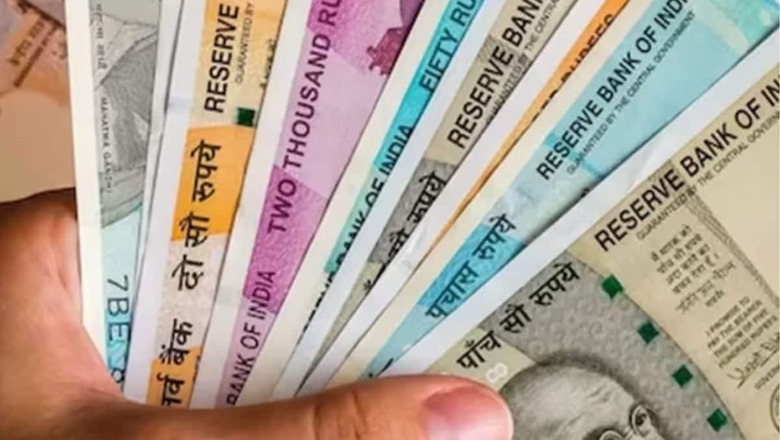
views
The Reserve Bank on Monday proposed to tighten norms for housing finance companies by reducing the maturity period for public deposits to five years and enhancing the requirement of maintaining liquid assets against liabilities.
Currently, housing finance companies (HFCs) are allowed to accept or renew public deposits repayable after a period of 12 months or more but not later than 120 months from the date of acceptance or renewal of such deposits, the RBI said in a draft circular, inviting comments by February 29.
“It has been decided that henceforth, with effect from the date of this circular, the public deposits accepted or renewed by HFCs shall be repayable after a period of 12 months or more but not later than 60 months. Existing deposits with maturities above sixty months shall be repaid as per their existing repayment profile,” it said.
In case their credit rating is below minimum investment grade, such HFCs would not renew existing deposits or accept fresh deposits thereafter till they obtain an investment grade credit rating, it said.
With regard to the ceiling on the quantum of public deposits held by deposit-taking HFCs, it said the limit now stands reduced from 3 times to 1.5 times of net owned funds with immediate effect.
It has now been decided that all deposit-taking HFCs would maintain on an ongoing basis liquid assets to the extent of 15 per cent of the public deposits held by them in a phased manner, it said.
The draft report further said it would be incumbent upon the HFC concerned to inform the National Housing Bank in case the above asset cover falls short of the liability on account of public deposits.
HFCs are allowed selectively to issue co-branded credit cards with scheduled commercial banks, without risk sharing, with prior approval of the Reserve Bank, for an initial period of two years and a review thereafter, it said.
In order to meet certain expenses of an emergent nature, subject to the satisfaction of the NBFC concerned, it said ’tiny deposits’ may prematurely be paid to individual depositors at the request of the depositor, before the expiry of three months from the date of acceptance of such deposits, in entirety, without interest.
In the case of other public deposits, not more than 50 per cent of the amount of the the principal sum of the deposit or Rs 5 lakh, whichever is lower, may be prematurely paid to individual depositors, at the request of the depositors, before the expiry of three months from the date of acceptance of such deposits, without interest, the circular said.
The remaining amount with interest at the contracted rate shall be governed by the provisions of the extant directions as applicable for public deposits, it added.
Pre-mature withdrawal would be allowed in case of meeting expenses of an emergent nature, including medical emergencies or expenses due to natural calamities/disasters.
Subsequent to the transfer of regulation of HFCs from the National Housing Bank (NHB), the Reserve Bank issued a revised regulatory framework for HFCs circular dated October 22, 2020, wherein it was stated that further harmonisation between regulations of HFCs and NBFCs will be taken up in a phased manner.













Comments
0 comment